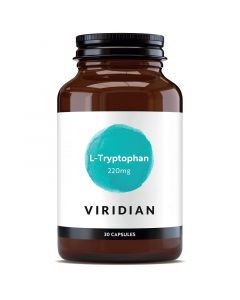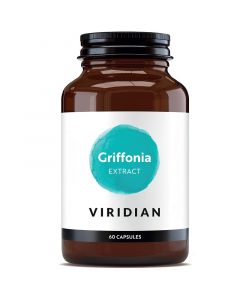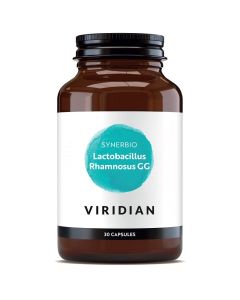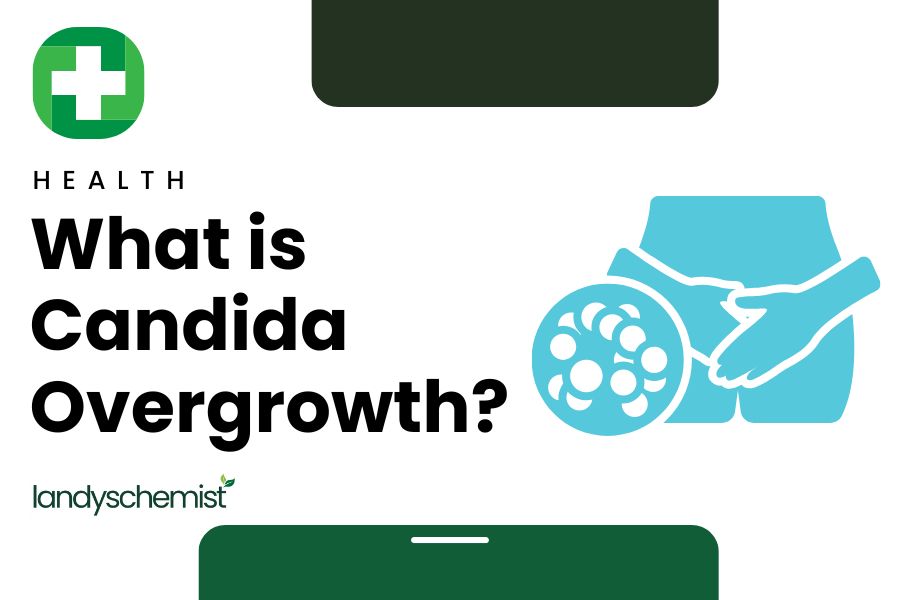
How To Boost Serotonin Levels
A new study has linked a lack of serotonin with issues like depression and Parkinson’s disease.
This study is important because there had previously been debate about whether serotonin levels are important to reduce the risk and incidence of depression.
In light of this news, we want to look at serotonin in more depth, how to address low levels with natural remedies and, where necessary, what supplements can be used to help boost serotonin levels.
What Is Serotonin?
Serotonin is a chemical that your body produces naturally. Typically, it is produced in the brain and spinal cord. Serotonin helps to regulate attention and behaviour which is why it has a long standing connection to mental wellness.
Low serotonin levels have long been considered a factor in a number of mental health conditions, like anxiety and depression, as well as poor sleep.
What Are The Signs Of Low Serotonin Levels?
Along with mental health issues, common signs of low serotonin levels include:
- Mood changes
- Fatigue
- Memory issues
- Trouble sleeping
- Gastrointestinal problems
Low serotonin levels can be brought on by a number of things, such as prolonged periods of stress or lack of sunlight, as well as hormonal changes, such as those caused by hormone replacement therapy (HRT), menopause and pregnancy.
How Can You Increase Your Serotonin Levels Naturally?
There are a variety of methods and approaches that can help your body to produce more serotonin naturally.
Diet
Whilst you can’t get Serotonin directly from foods, you can get L-Tryptophan. L-Tryptophan is an amino acid but is also known as a precursor to Serotonin. This means that the body converts L-Tryptophan into Serotonin. You can get L-Tryptophan from foods like Turkey and Salmon but it is also possible to take a supplement containing L-Tryptophan.
Exercise
Many people will tell you about the great feeling they get from exercise, going to the gym or keeping fit. This is because working out causes a release of L-Tryptophan into the blood which your body then converts into serotonin.
Cardiovascular exercise, such as running, biking and rowing, can get the heart beating faster. These kinds of exercise tend to be the sorts of workouts which cause the biggest releases of L-Tryptophan but we appreciate that not everybody wants to visit a gym or run in a park. Exercising at home is easier than ever now, with YouTube and other sites having huge amounts of totally free content to help you get a bit more active in a space in which you feel comfortable.
Time Outdoors
Studies have found that people who spend more time outdoors produce more serotonin. There is also proof that serotonin levels on average tend to be higher in summer and lower in winter. This means that spending some time outside each day will help to improve serotonin levels.
What Supplements Can Increase Serotonin?
There are a few supplements that can help increase your serotonin levels.
Recommended supplements to boost serotonin:
L-Tryptophan
As mentioned above, L-Tryptophan can help to increase serotonin levels as it is a precursor.
5-HTP/Griffonia Extract
Griffonia contains 5-HTP which is also a precursor to serotonin. There are a number of studies that have found that 5-HTP has a positive effect on depression.
Probiotics
Your gut contains a wide range of “friendly bacteria”. These bacteria have a huge number of functions for the body beyond digestion which is what probiotics are traditionally associated with. Sometimes the bacteria in the body can become imbalanced, for example when we take antibiotics or have a bad diet.
These periods of stress on the body can result in a permanent imbalance and without correction can have long lasting and damaging effects on sleep, immunity, digestion and also mood.
It has been found that strains, like Lactobacillus plantarum and Bifidobacterium longum, contribute to reducing depression. Lactobacillus Rhamnosus was shown to reduce incidence of postpartum depression in new mothers too.
Does Serotonin Have A Link To Depression?
Studies have indicated that there is a link between serotonin and mental health disorders such as depression. A groundbreaking study was able to provide medical evidence on the relation between serotonin and depression.
By Panasha Desai, Pharmacist
Disclaimer
The products offered are not intended to diagnose, treat, cure, or prevent any illness or disease, or replace the advice of a medical professional. Results are not guaranteed and may vary from individual to individual.







